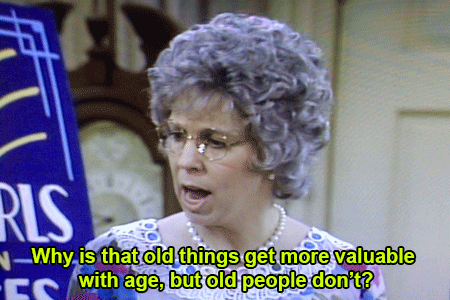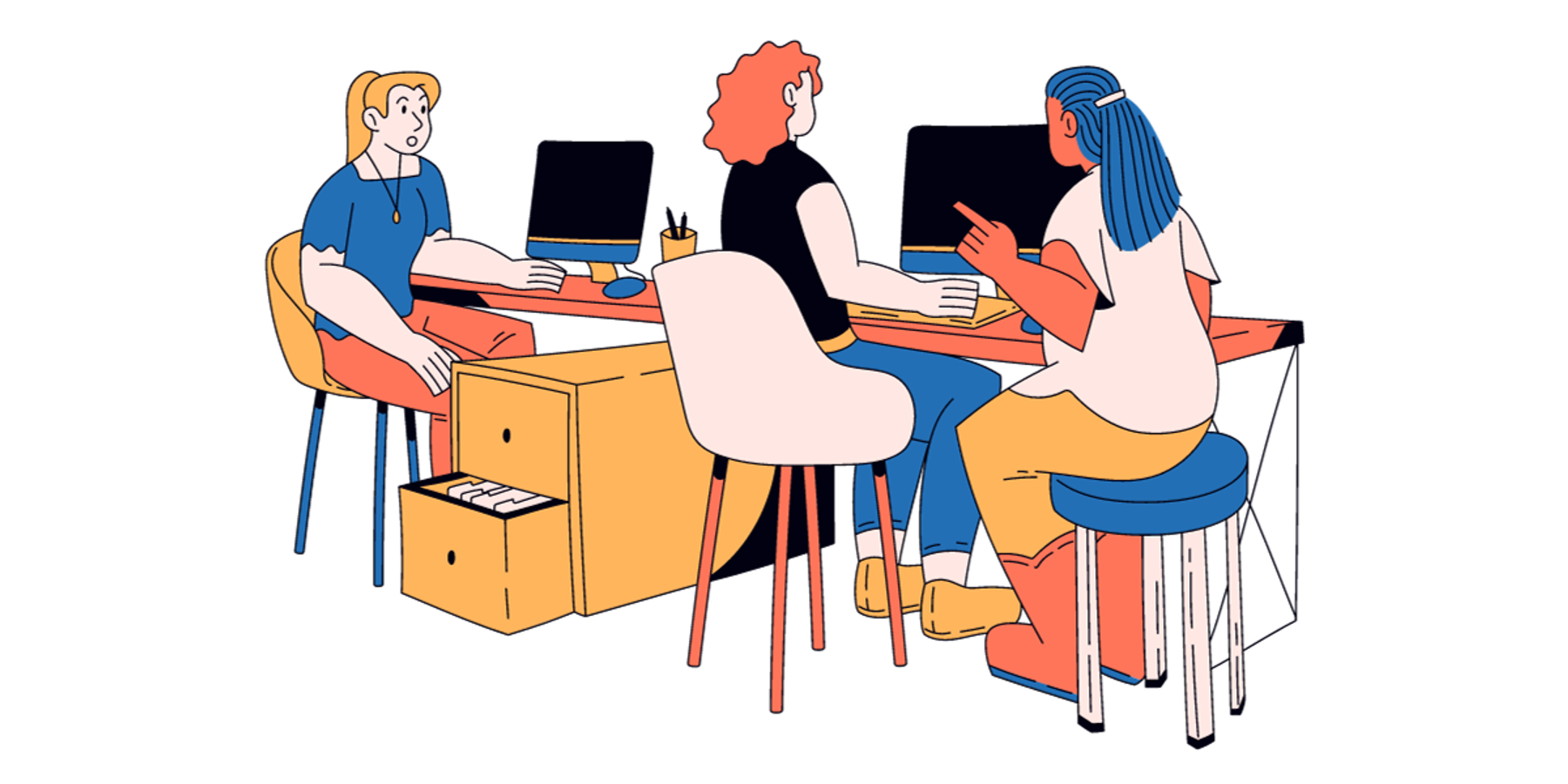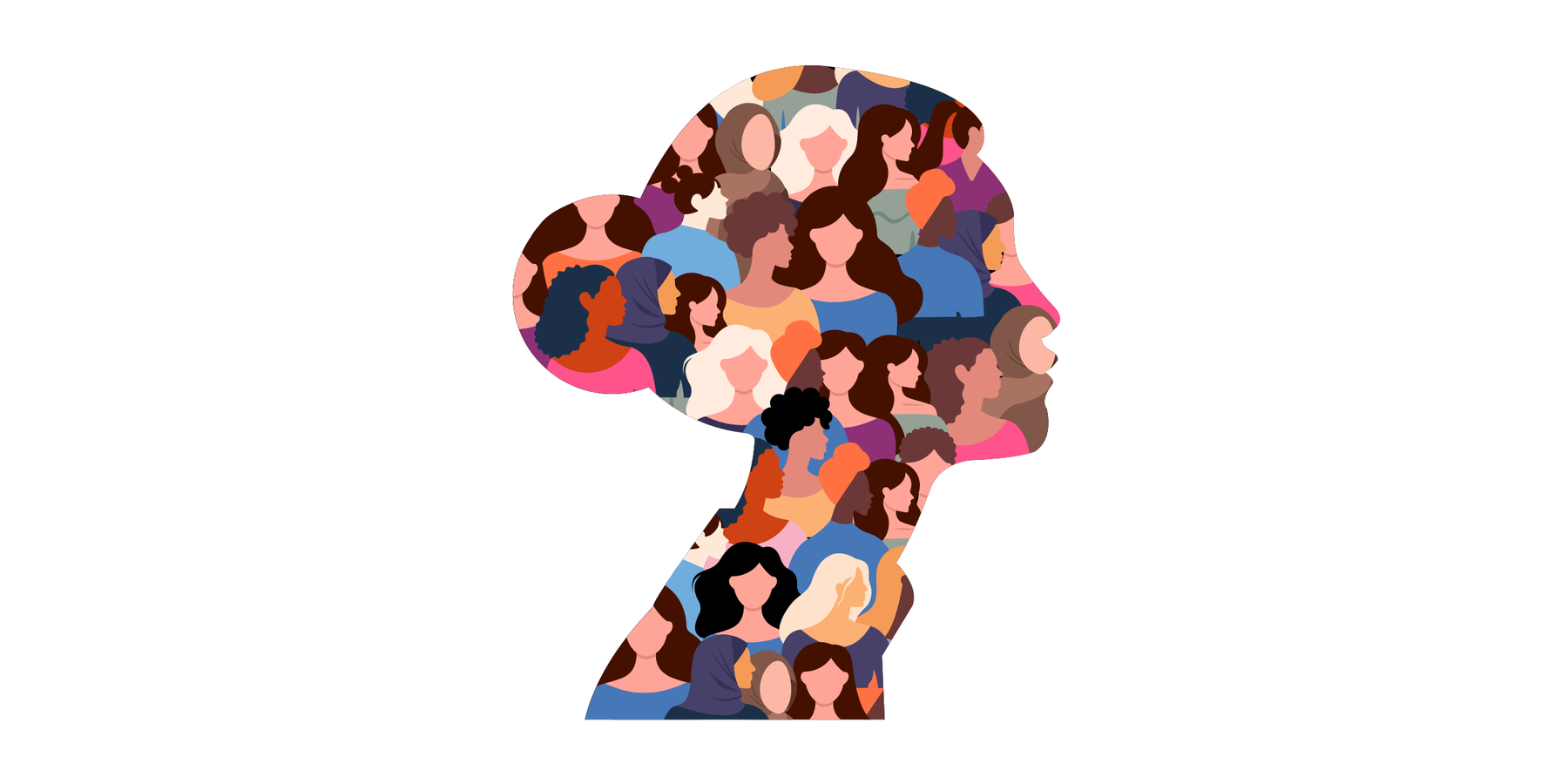Let's run through a quick highlight reel of women over 50 shaping their industries and just overall crushing life in the last few weeks:
- Elizabeth Warren, Senator and Democratic presidential candidate, 70, and Amy Klobuchar, fellow Senator and candidate, 59, both polling in the top six during a record-breaking year for female presidential candidates
- Renee Zellweger, actress, 50, and Laura Dern, actress, 53, won the two biggest awards given to actresses; they left the Oscars last weekend with Best Actress and Best Supporting Actress statutes, respectively
- Jennifer Lopez, performer, 50, co-headlined the Superbowl, absolutely crushing a demanding set and doing so in bejeweled Versace bodysuits, to boot
- Gayle King, journalist, 50, led a thoughtful interview that touched on Kobe Bryant's complicated legacy and started a conversation on misogyny in media when Snoop Dogg aggressively criticized her for it
- Ruth Bader Ginsburg, Supreme Court Justice, 86, celebrated the first all-women class of editors-in-chief of the nation's top 16 law journals and said "there really is no better time for women to enter the legal profession."
And those are just some of the most visible accomplishments by women already in the public sphere. Women are also leading businesses (the latest Fortune 500 list has the most female CEOs ever, the large majority of whom are over 50), writing bestselling books, creating impactful art and social commentary, pursuing scientific discovery, inventing, teaching, and growing.
But for all of the success experienced by individual women, older women as a group continue to struggle against ageism.
"Ageism is everywhere, yet it is the most socially 'normalized' of any prejudice and is not widely countered like racism or sexism. These attitudes lead to the marginalization of older people within our communities and have negative impacts on their health and wellbeing," says the World Health Organization.
Some sobering statistics:
- Age discrimination is the focus of more than 20% of the cases that the Equal Employment Opportunities Commission brings to court
- A 2019 report found that 21% of US workers have experienced age discrimination
- And a different 2019 report found that 25% of women said age impacted their experience at work, while just 17% said gender did.\
- When looking at how age discrimination impacts hiring for different groups, the National Bureau of Economic Research found that older women fare the worst: their resumes get fewer callbacks than those of older men and both male and female younger job candidates. That's extremely problematic, seeing as how women make less money than men but live longer than men, making sustained employment especially vital.
Those statistics have big impacts on work and on health. At work, companies are missing out on having fully diverse teams, which have been proven to be more creative and better at problem-solving, and on applying experience garnered over a long career. And individuals' health suffers, too: the WHO found that people who think negatively about aging may have up to 7.5 years less in their life expectancy.
It's better for both companies and individuals to think positively about what the years bring. So why don't they?
Ageism has been so long enabled and allowed for two reasons: stereotyped thinking and lack of representation.
A workplace consultant on ageism explained the stereotypes for FastCompany. "Common myths are that their salary requirements are too high, that they're not willing to travel, or they're not good with technology. In some cases, conversations about career development and goals stop happening when the employees are in their 40s or early 50s." She went on to refute those stereotypes, explaining that each situation is unique. An example? An older worker might be even better equipped to take on travel or challenging projects than an employee with young children.
But as we continue with a historically low unemployment rate, companies will need to tap pools of candidates they've locked out in the past. And as they do that, they'll realize how off-base those older-worker stereotypes were in the first place.
When it comes to representation in media and pop culture, older women have been especially shut out. "Women vanish from the screen in central and powerful roles as they mature and do not occupy a significant role in narratives even in comparison to older men," found a 2012 study called "'Can't Have it All': Representations of Older Women in Popular Culture." The study continued: "Older women were less likely than older men to be presented as authority figures who are influential in the workplace, their sexuality was largely muted, and their bodies were displayed as objects of ridicule rather than objects of desire."
Amy Schumer even made a sketch about the older-actress-put-out-to-pasture phenomenon called "Last Fuckable Day."
But it feels like that might be changing.
Gracie and Frankie, an Emmy-winning sitcom featuring the real lives—from sex to business plans to relationships with adult children—of two older divorcees, played by Jane Fonda, 82, and Lily Tomlin, 80, has made history as Netflix's longest-running original series.
JLo made headline after headline for that incredible Super Bowl performance.
In the last couple seasons of television, women over 50 have played anchoring roles in beloved shows like House of Cards, How to Get Away with Murder, Divorce, Empire, and Big Little Lies.
And as women creators continue to eke out their power in Hollywood and beyond, banding together to fight sexual harassment through #MeToo and starting their own production companies to fund projects that more realistically represent women, the road to a different, more inclusive future seems to be getting clearer.
It's not all sunshine and roses from here on out. Our model of success is still far too dependent around older women looking young and conventionally beautiful—"Mature female bodies are only interesting to media and popular culture insofar as they can be used as a visible proof of a deferred aging process," explains a 2018 paper on gendered portrayals of aging in pop culture—which continues to put undue pressure on women to use cosmetics, surgery, and styling to hide their age. But I'm hopeful that we're starting to see a change.
Women have never stopped being impactful when they hit 50. The world might finally be ready to notice.




